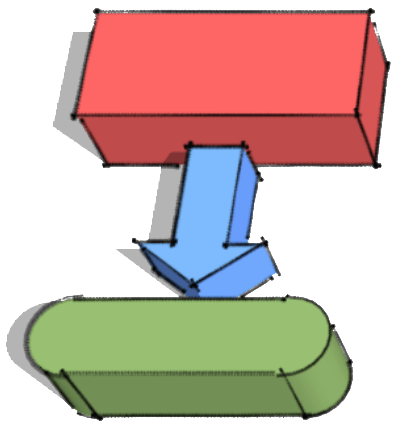

Engineering Consultancy | Energy Systems Advice | AI Use | Transition Strategy
Helping organisations and farming operations navigate the energy transition — practical tools combining rigorous engineering analysis and systems thinking. Cut through complexity to decisions that hold up under scrutiny.
Schema Consulting: Engineering for the Transition

Schema Consulting partners with organisations to reduce emissions, improve operational energy performance, and build resilience into their systems and infrastructure.
Our work spans HVAC and building services design, energy auditing, renewable energy systems, and strategic transition planning — with a growing focus on agricultural energy and practical implementation of AI-assisted workflows.
Services we offer
- Renewable energy system design, economic analysis and procurement
- Agricultural energy assessments — farm-scale solar, strategic resilience planning
- AI-assisted workflow development and confidential consultancy / training
- Building services design and performance modelling, HVAC Subject Matter Expert
- Energy auditing and carbon reduction strategy
Powering Forwards: Farm Solar Energy Assessments
Independent life-cycle cost analysis on the potential of Solar Energy for Dairy and Sheep/Beef operations
A Pause for Thought
As renowned energy futures commentator and researcher Nafeez Ahmed notes:
“Before we ask what to do, then, we need to understand what is actually happening. Because we are not just facing a climate crisis. We are facing a poverty crisis, a political crisis, crises of education and health, crises of culture and infrastructure. And within and encompassing all of these, we are facing a crisis of meaning, because in a world that feels like it’s crumbling around us, we are sometimes overwhelmed by feelings of emptiness and futility.
Professor John Vervaeke, a cognitive scientist at the University of Toronto, calls this “the meaning crisis”. Our conventional sense-making concepts and categories are broken.
This is a fundamental rupture among human beings, and between human beings and the earth system. These crises are all signals that the problem goes far deeper than just one component of one system; that the human system as a whole is deeply out of sync with reality.
So before we ask the question of what do we ‘do’, we need to look at ourselves and confront the fact that what we are witnessing requires a different response. We need to ask, ‘what is it about our way of being in the world that has produced this state of chaos that is impacting my life, the lives of those I love, the lives of those around me and the lives of those beyond us?’
Ways to connect:
Authorised by Nathan Surendran nathan@schema.nz


